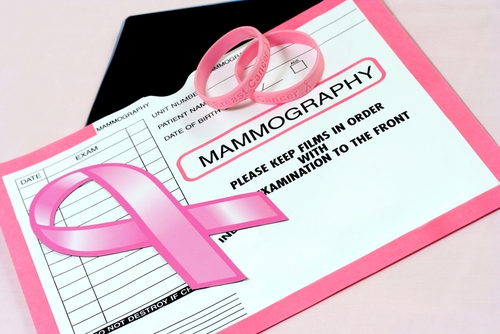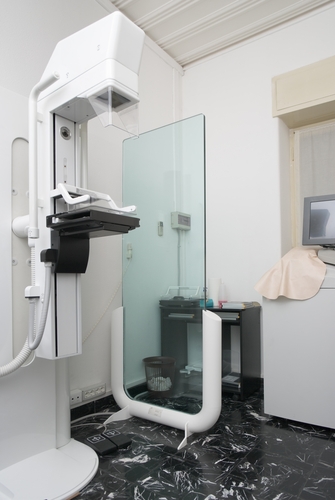Amid a time when health care providers are looking for ways to trim costs off their budgets, repeated medical imaging exams become one of their main targets. Unnecessary scans can drive up costs, which has led to calls for universal appropriateness criteria distributed by agencies like the American College of Radiology.
When it comes to breast cancer, many radiologists have focused on tissue density as an indicator of high risk for tumors. But recent research may have debunked the credibility of these claims.
Follow-ups might be too expensive
A new study from researchers at the University of Vermont, published in the Annals of Internal Medicine, focused on follow-up exam protocols for women diagnosed with dense breasts. Led by Brian Sprague, Ph.D., the team used three models of assessment designed by the U.S. National Cancer Institute's Cancer Intervention and Surveillance Modeling Network. The research was funded by the NCI.
"The existing breast density notification laws require informing women that they have dense tissue and encouraging them to discuss supplemental screening with their doctors, but there is really no consensus about what type of supplemental screening is most helpful," explained Sprague, quoted by AuntMinnie.com. "We wanted to assess the benefits and harms of screening ultrasound for women with dense tissue who have had a normal mammogram."
The ACR and other organizations have warned policymakers in the U.S. that breast density notification laws might not be as effective as once thought, leading to high rates of false positives and elevated patient anxiety.
To examine the effects of follow-up reports on breast density, Sprague and his team examined data from the Surveillance, Epidemiology and End Results program and the Breast Cancer Surveillance Consortium. They reviewed information from women of different screening ages and levels of tissue density, and calculated digital mammography results based on a series of specific parameters, such as whether patients underwent biennial or annual scans.
Determining the cost of follow-ups
Sprague and colleagues identified sensitivity and specificity for digital mammography as a function of age, breast density and screening interval with data from the BCSC. They also added in figures from the ACR's Imaging Network 6666 trial.
The UVT researchers found that, without screenings, the models estimated 25.4 breast cancer deaths per 1,000 women. The addition of biennial exams reduced the mortality rate to 19.7 per 1,000, while annual testing results in further a decrease to 15.2. While the incidences of cancer-related deaths dropped with each additional screening, the associated costs skyrocketed in turn. For example, no tests resulted in $1 million per 1,000 women compared to $3 million per 1,000 women for annual mammograms.
Challenging to identify the important factors
The issue of breast density notifications has created a dividing line among the health care community. On one hand, it is important to inform patients of their potential risk for cancer. But on the other, these alerts can cause severe stress in women who may never be diagnosed with cancer, resulting in more follow-up exams that are expensive and, ultimately, unnecessary.
"It is impossible to weigh lives saved versus the amount of biopsies and false positives – saving lives is the most important outcome," Sprague told AuntMinnie.com. "But it is a subjective decision about what we are willing to accept to save those lives."
With organizations like the American Cancer Society and Breastcancer.org stressing the importance of breast density risks, the decision to order follow-ups will fall on physicians and patients together.
Contact Viztek for more information.
Ronny Bachrach
Latest posts by Ronny Bachrach (see all)
- Konica Minolta Debuts First-of-Its-Kind Digital U-Arm System at AHRA - July 27, 2016
- Researchers Detect Signs Of Stroke Risk Using MRI - June 27, 2016
- Imaging Biz: Q&A with David S. Channin MD: How to Make PACS Patient Centered - June 22, 2016










